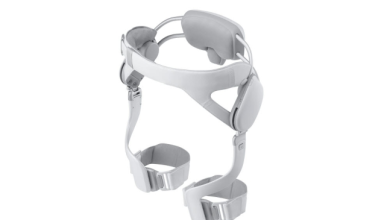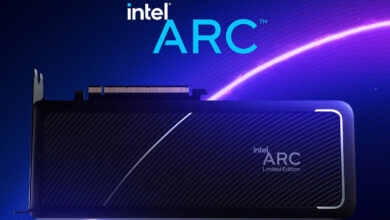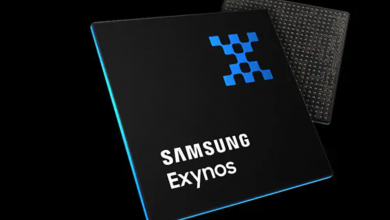Lenovo Reportedly Developing a New Handheld “Legion Go”
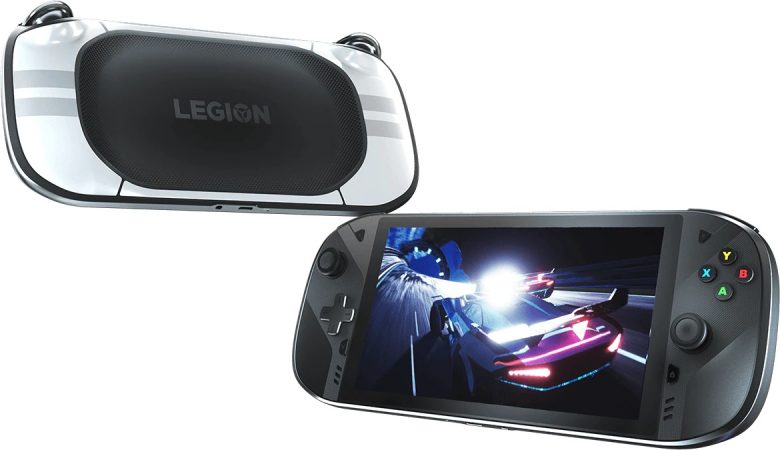
Valve’s Steam Deck and ASUS’ ROG Ally have both found tremendous success in the portable PC gaming market. Microsoft has entrusted Xbox with enhancing the Windows experience on handhelds in order to compete with established rivals like AYANEO in this growing market. It appears like another significant player is gearing up to enter the battle.
Legion Go Might Be Coming Sooner than We Think
Lenovo is reportedly developing a portable gaming console codenamed “Legion Go,” according to sources affiliated with Windows Central. Windows 11 is expected to be preinstalled on the console, making it another contender in the Windows Gaming Handheld market alongside the Asus ROG Ally.
Very little is known about the handheld console, but Windows Central claims it will feature AMD’s latest Phoenix processors designed with the mobile device market in mind. As with Asus’s ROG Ally, the inclusion of an AMD processor in the Legion Go confirms that Windows will be the console’s operating system of choice.
Lenovo’s Legion Play, an Android-based handheld like the Logitech G Cloud or the Razer Edge, was exposed by a leak from Liliputing a few years ago. Although this product was never made available to the public, its design may explain the form factor Lenovo intends to target with the Legion Go.
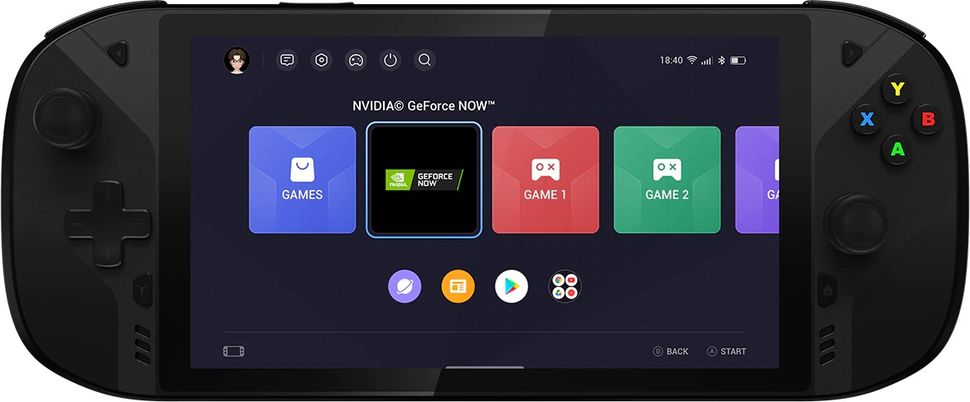
8-inch Screen
The sources didn’t reveal much about the Legion Go’s design, but they did confirm that it will have an 8-inch screen. Since the Steam Deck and the Asus ROG Ally, two of Lenovo’s main rivals, both feature 7-inch screens, it’s clear that the company’s goal is to dominate the handheld market as it stands right now. Lenovo appears to be leaning toward a larger screen size for the handheld console market because it improves UI integration.
The AMD Phoenix 7040 series of chips are touted as “ultra-thin” by the company, making them ideal for powerful yet stylish ultrabook-style devices. Like the Steam Deck and ROG Ally, they should be well-suited to a device like the Legion Go, as they also enable 15W low-power states for lightweight games and optimal battery life. However, the ASUS ROG Ally’s Z1 Extreme can function with a TDP of less than 15W, which could give it a leg up in the category. Ruling out the possibility of worse battery life might not be the best thing one can assume
Due to its Windows compatibility, Legion Go might be compared to the Asus ROG Ally. There’s no secret that Asus’s overlays aren’t the finest on the market, but Lenovo will have an advantage here if it takes the time to optimize its overlays and ensures they don’t introduce too many issues, unlike the ROG Ally. Nothing will be settled until the product is purchased and can be thoroughly evaluated by reviewers.
As more and more rivals enter the portable market, Windows must collaborate with them to fine-tune its operating system for this category. Windows isn’t terrible, but it could use some cleaning up to provide a more streamlined experience for its users.
Lenovo has not commented on this, and we will notify you if an official update is released.
Source: Windows Central

